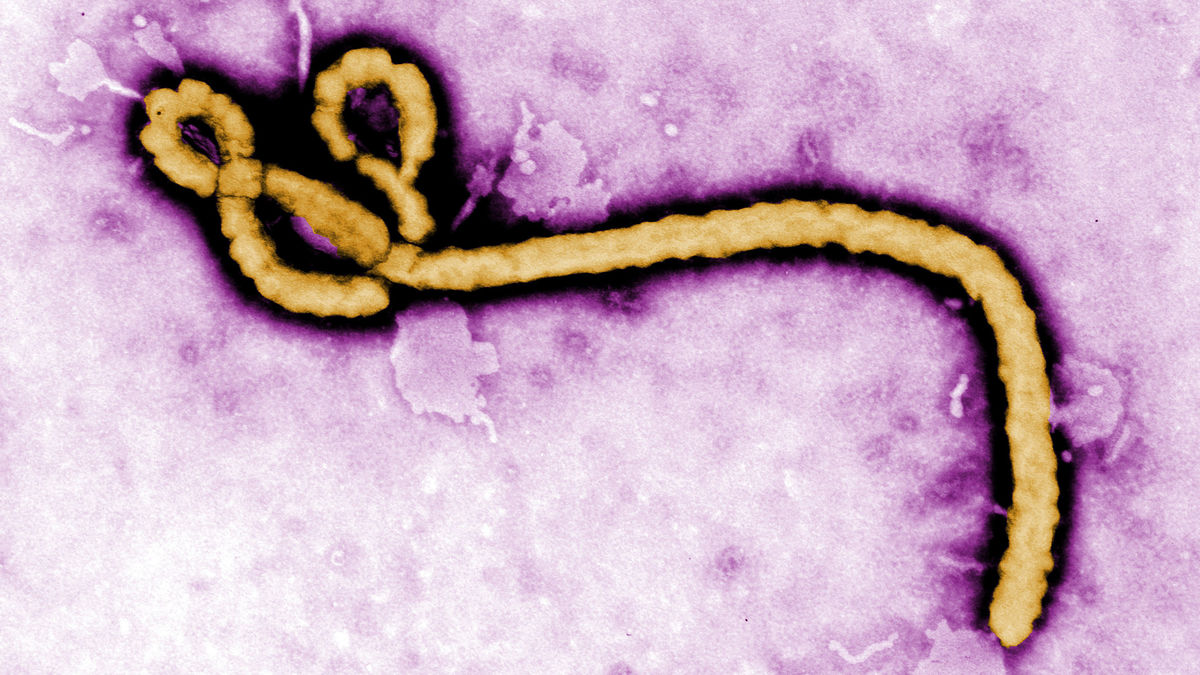Eight experimental treatments and two vaccines for Ebola were on the table Thursday as 200 health experts met to discuss how to end the world’s worst-ever outbreak of the killer virus.
No fully tested and approved treatments or vaccines exist for Ebola, which has killed more than 1,900 people in west Africa since the beginning of the year.
In a bid to stem the epidemic, the World Health Organization has condoned the use of experimental drugs, and experts in Geneva were discussing which treatments were in the pipeline and how quickly they could be made available to the public.
In a working document for the closed-door meeting, the UN health agency listed eight potential therapies, including the experimental drug ZMapp, which has been given to a handful of frontline health workers who have contracted Ebola, three of whom have recovered, and two of whom have died.
Two experimental vaccines for Ebola, which transmits through contact with infected bodily fluids, were also listed.
“None are clinically proven,” WHO stressed in its working document, adding that “while extraordinary measures are now in place to accelerate the pace of clinical trials, new treatments or vaccines are not expected for widespread use before the end of 2014.”
“Until then, only small quantities of up to a few… doses/treatments will be available,” it said, pointing out that in normal circumstances, the clinical evaluation period for new drugs and vaccines can take up to a decade.
The experts meeting Thursday, including policy makers, ethicists, clinicians, researchers and patient representatives from affected countries, also aimed to facilitate contacts between countries affected by the disease and countries producing treatments.
Global health experts have stepped up warnings in recent days that world leaders need to do more to address the epidemic, which is most prominent in Guinea, Sierra Leone and Liberia.
“The current west African Ebola outbreak is unprecedented in size, complexity and the strain it has imposed on health systems,” WHO said in a statement.
“There is intense public interest in, and demand for, anything that offers hope of definitive treatment.”

